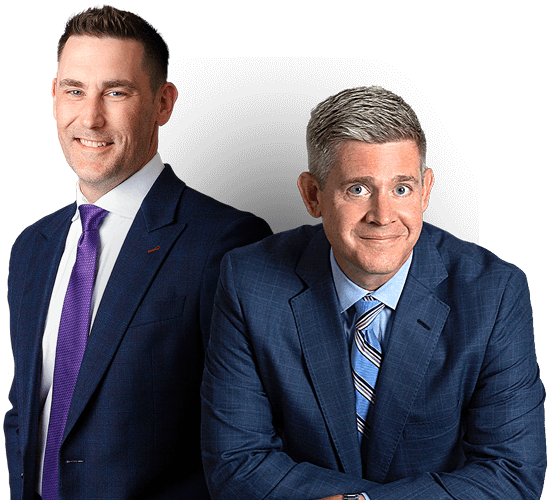If you suffer a serious injury in a car accident, your paramount concerns are likely to be recovering completely and moving on with your life. Sooner than you expect, though, you may receive steep medical bills you simply cannot pay.
When processing your insurance claim, an adjuster may ask you to complete a blanket medical authorization. Regrettably, signing this seemingly straightforward insurance form may have catastrophic consequences for your injury claim.
The effect of a blanket medical authorization
To process claims effectively, insurance adjusters need to know about your accident-associated injuries. They do not, however, have a general right to look at your entire medical history. A blanket medical authorization gives them this right. If you sign one, you may expect adjusters to get their hands on every piece of medical information from your entire life.
An excuse for denying your claim
By law, most insurance companies must maximize value for their shareholders. Naturally, paying you a costly settlement runs counter to this duty. If you execute a blanket medical authorization, an insurer may find some reason to deny your claim. This may be a preexisting injury, chronic illness, prescription or something else. If the insurer does not deny your claim outright, you may be at risk for an unreasonably low settlement offer.
An unfair intrusion into your medical privacy
Even if signing a blanket medical authorization has little or no effect on your insurance claim, it may be an unfair intrusion on your medical privacy. After all, you should have a right to keep discreet details about your health as private as possible.
Ultimately, because executing a blanket medical authorization may complicate your insurance claim and make you feel uncomfortable, you may want to explore other options for securing prompt and fair payment of your claim.


